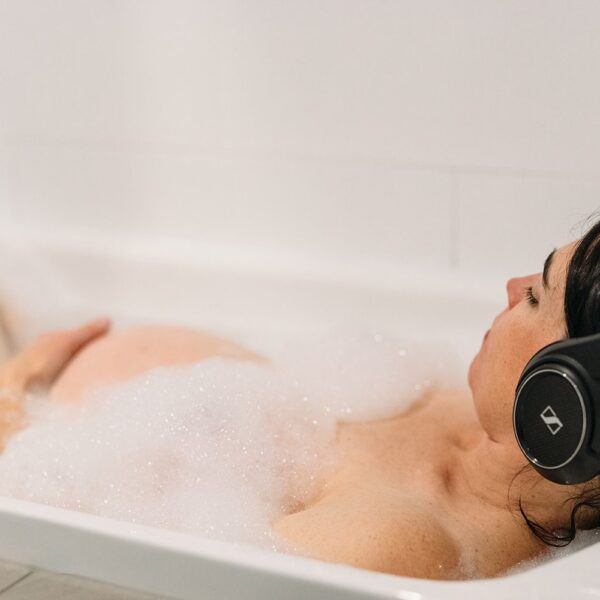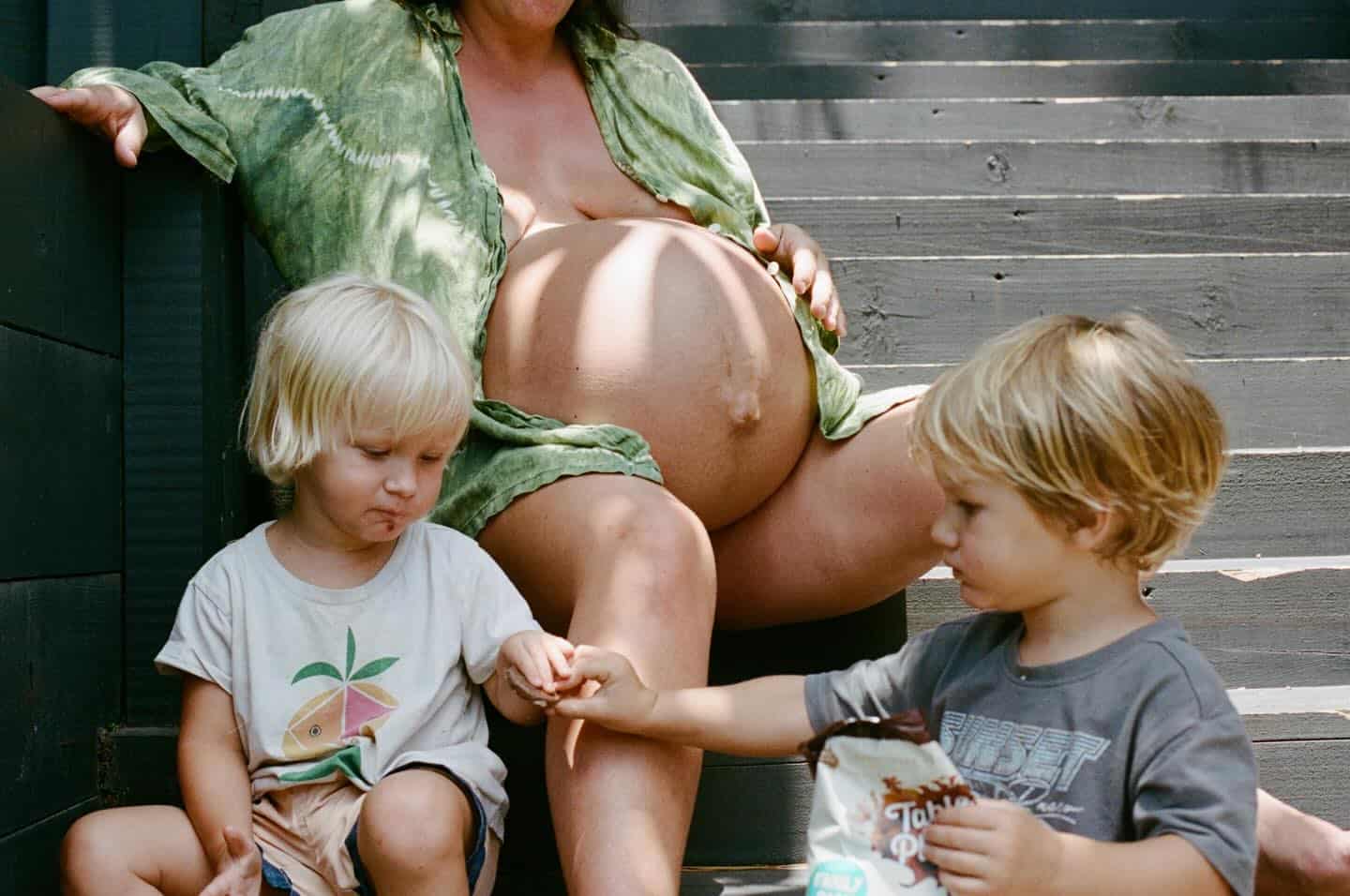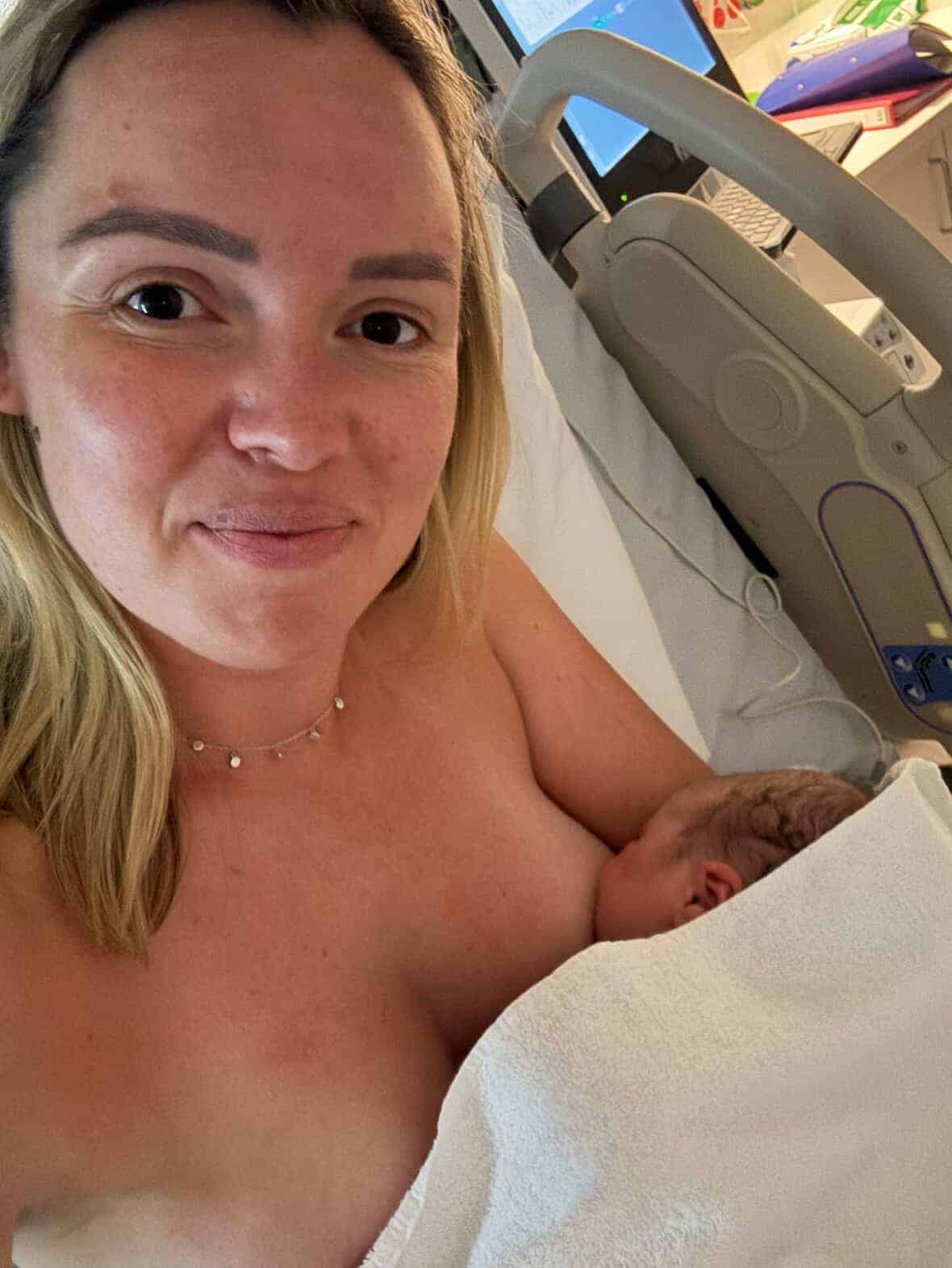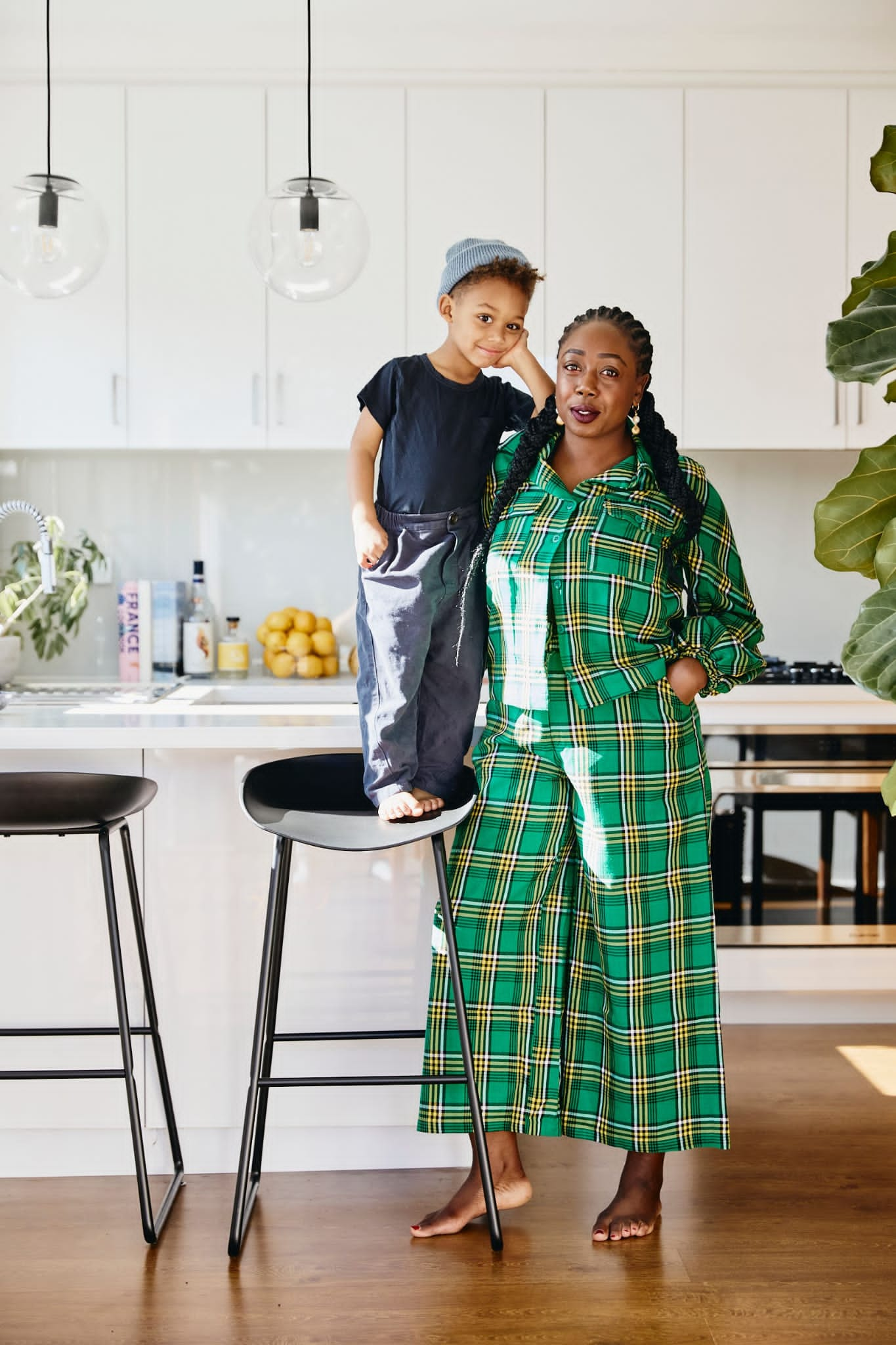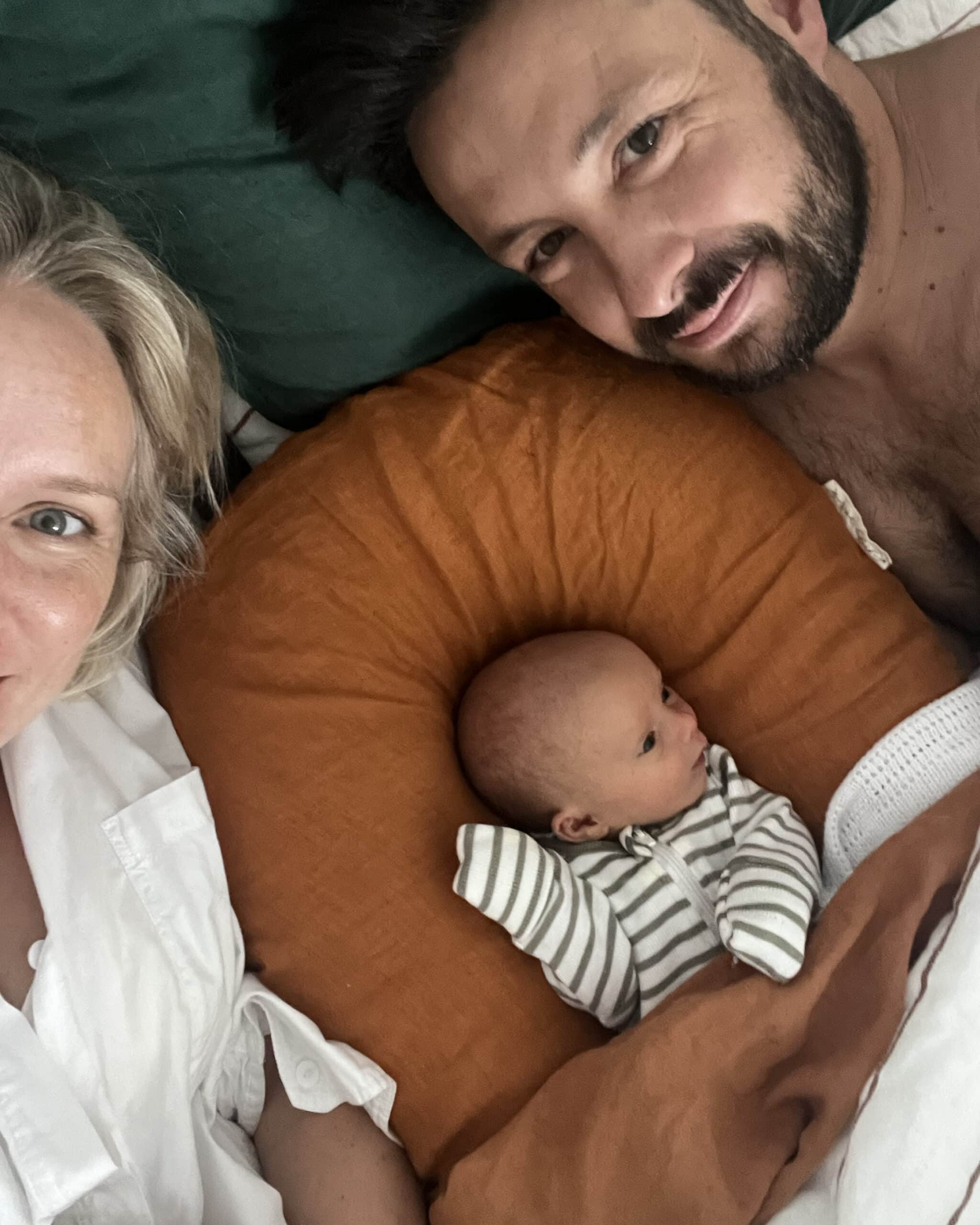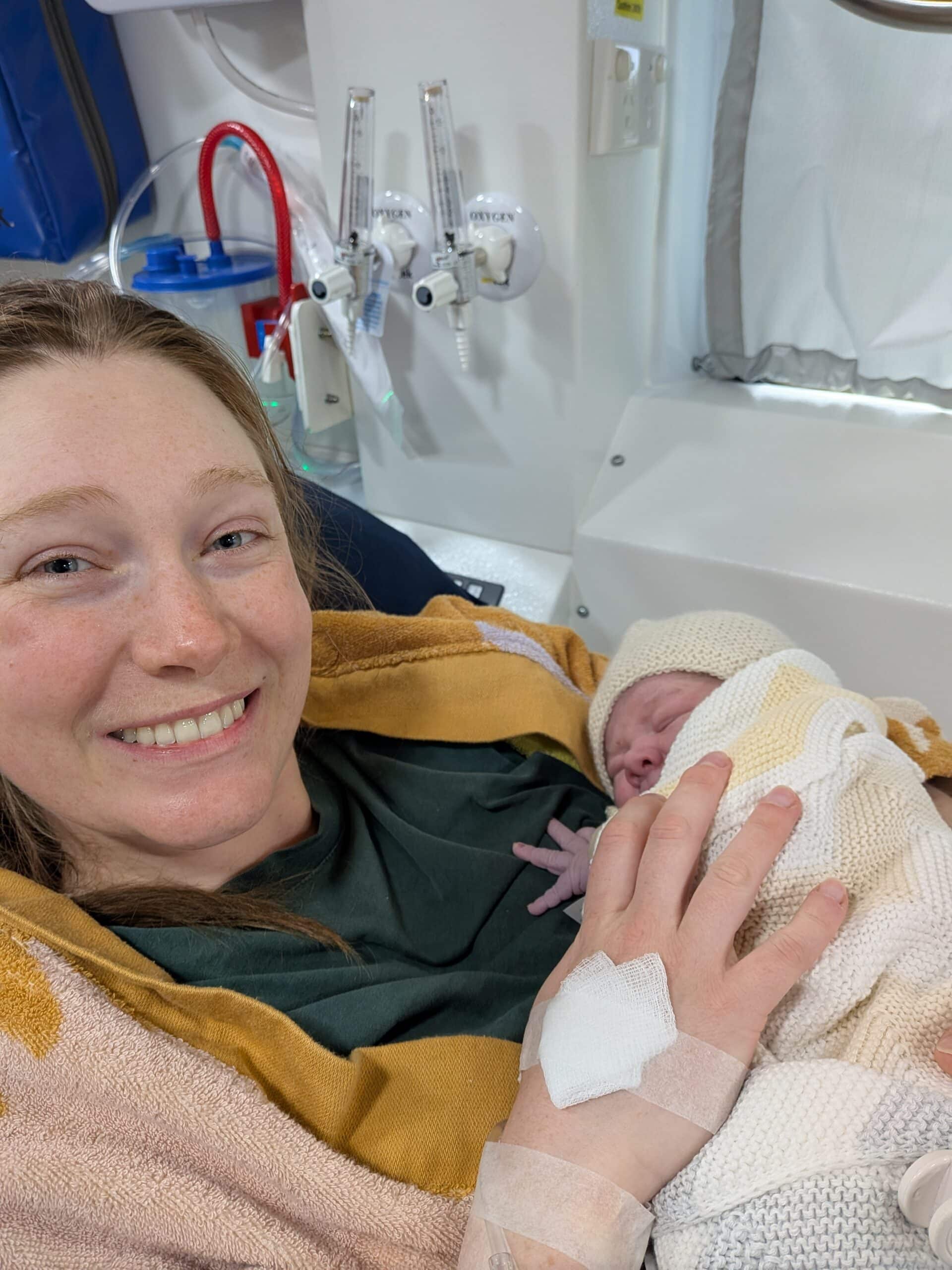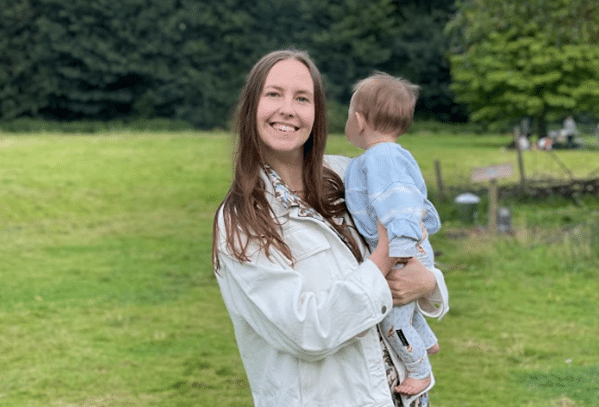Podcasts Jen | Postpartum – GD, induction, episiotomy, postpartum confinement
EPISODE 483
Jen | Postpartum – GD, induction, episiotomy, postpartum confinement
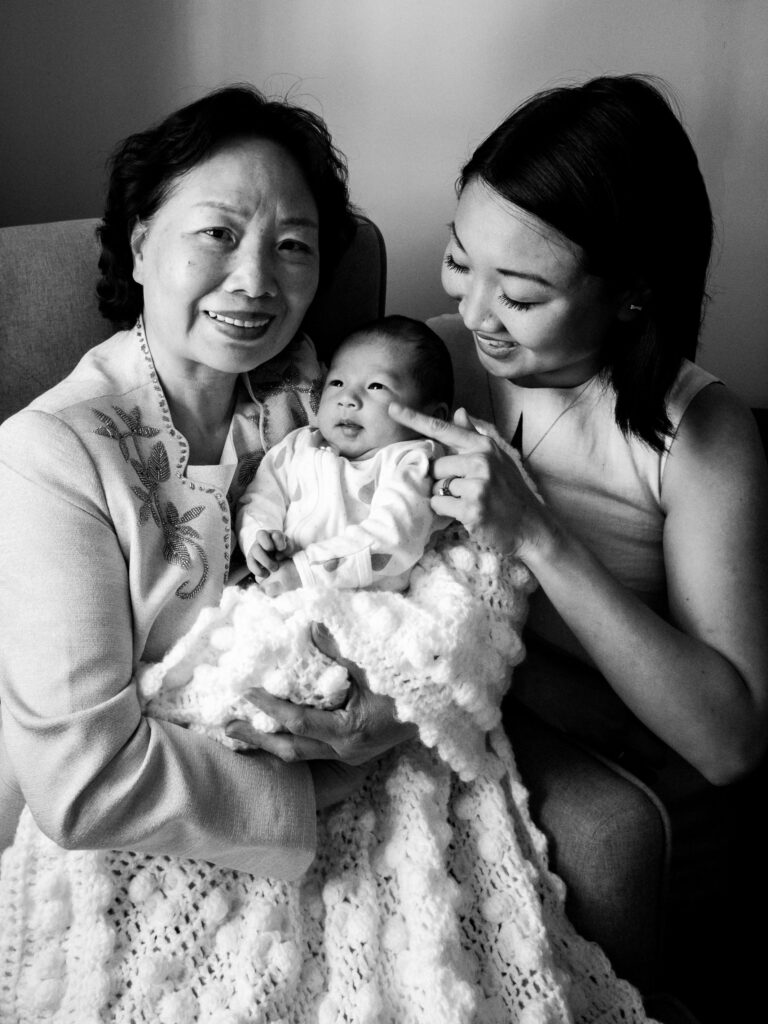
Jen’s mother is an OB/GYN and acupuncturist who encouraged her to track her cycle by taking her temperature. She conceived within two months and opted for shared care with her GP as she didn’t have any health concerns.
“My main symptom in the first trimester was fatigue, it would just steel over me, I’d be at a dinner and I’d suddenly have to go home. I also had a super heightened sense of smell, I felt like I could smell the ingredients in people’s bins.”
During pregnancy, Jen wasn’t overly enthusiastic about post-birth confinement, the traditional Chinese practice of staying indoors for 30 to 40 days after birth to rest and heal. She’s an independent and active person who has hiked the Kokoda Trail and climbed MT Koscuisko while pregnant; a month in bed didn’t seem very necessary.
“I was against confinement, I felt like it was really restrictive and outdated; I thought that it was from a time when dying in childbirth was common, not now when we have the very best of modern medicine. Many cultures practice confinement in their own way – Asian, Lebanese, Egyptian – and I know Chinese culture believes that it’s critical to your health in the long term. In Singapore it’s so popular that you can even order confinement foods delivered to your door, Like UberEats.
“One of the biggest factors that led to my acceptance of confinement was how frail I felt after giving birth. I consider my birth story a positive one overall, but every birth involves a primal sacrifice and I hadn’t expected to feel so different in my body after birth. I had a chill in my chest, like it was an old, wooden creaky house and the wind was trying to get through and it was then that I felt like being cared for by a village of women would be lovely and something I wanted to accept and engage in.
Confinement is not about depriving you of your liberty but it’s about having a village of women to bring kindness, attention and care for you at a very specific time in your life where you may be more vulnerable. I enjoyed the feeling of being part of a greater tapestry, of my mother’s story, my mother-in-law’s story.”
Jen was diagnosed with Gestational Diabetes (GD) so discussion around a necessary induction didn’t come as a surprise. Her mother gave her acupuncture in the lead up to her induction and on the day she was given the cervical gel before going on a long afternoon walk to hopefully get labour going.
“By 9pm I was 2cm. It was the height of the delta outbreak and there were significant restrictions on partners in the birthing unit. I used my husband’s hand as a stress ball and consciously breathed through the contractions as I lay on my side on the bed. I wasn’t in the labour ward at this stage and there was another woman in the room so I was quiet. I was on all fours on the bed when my waters broke and the midwife checked me and I was 8cm.
“As I was being pushed down the hallway in the wheelchair, I was loud and I asked for an epidural. I think even I knew it was too late for one though so I used gas and my husband was amazing, telling me to breath through my nose between contractions. Before birth the thing I was most worried was an episiotomy but after I was pushing for an hour my midwife told me she could see my baby’s head, and I was so encouraged by being able to touch her head and I actually requested one.
“As soon as I gave birth there was immediate relief, a lovely deep sense of calm and connection to her, I felt this ancient, non-verbal deep tie to her, we had an unspoken understanding of each other, it was very busy in the ward that night so my midwife had to rush off and it was lovely to have skin on skin uninterrupted. I didn’t eat anything cold at the hospital, one of the principles of confinement is to stay warm. I stayed in hospital for three nights, it gave us time as a small family of three to work things out.
It takes some humility to let someone else run your household and accept their care. I tried as much as I could to get off my phone and embrace the stillness. I really wanted to breastfeed and I had been warned that it’s not easy. I had lots of pain and cracked nipples but we fell into a rhythm eventually.
“Confinement has physical benefits but one of the biggest benefits is being seen. I had such big emotions and would get emotional at random things, and I felt like they held the space for me in a non-judgemental way, they bore witness to a huge change in my life and identity.
“I learnt that there’s a quiet strength in slowing down, sitting still, checking in on yourself and having the patience to recover. I hope I can be the village for other friends, I want to be part of that very thoughtful, caring presence in their lives during that time. The practice of rest is still possible if you build a village of friendships.”
Jen Chen is an Australian Chinese poet and lawyer (@jen.chen.rhymes). She has worked in the areas of international aid, domestic violence and mental health. Her poetry and writing explores themes of justice, resilience and family. Her work has been published by Red Room Poetry, SBS Voices, Hunter Writers Centre and Verity La.
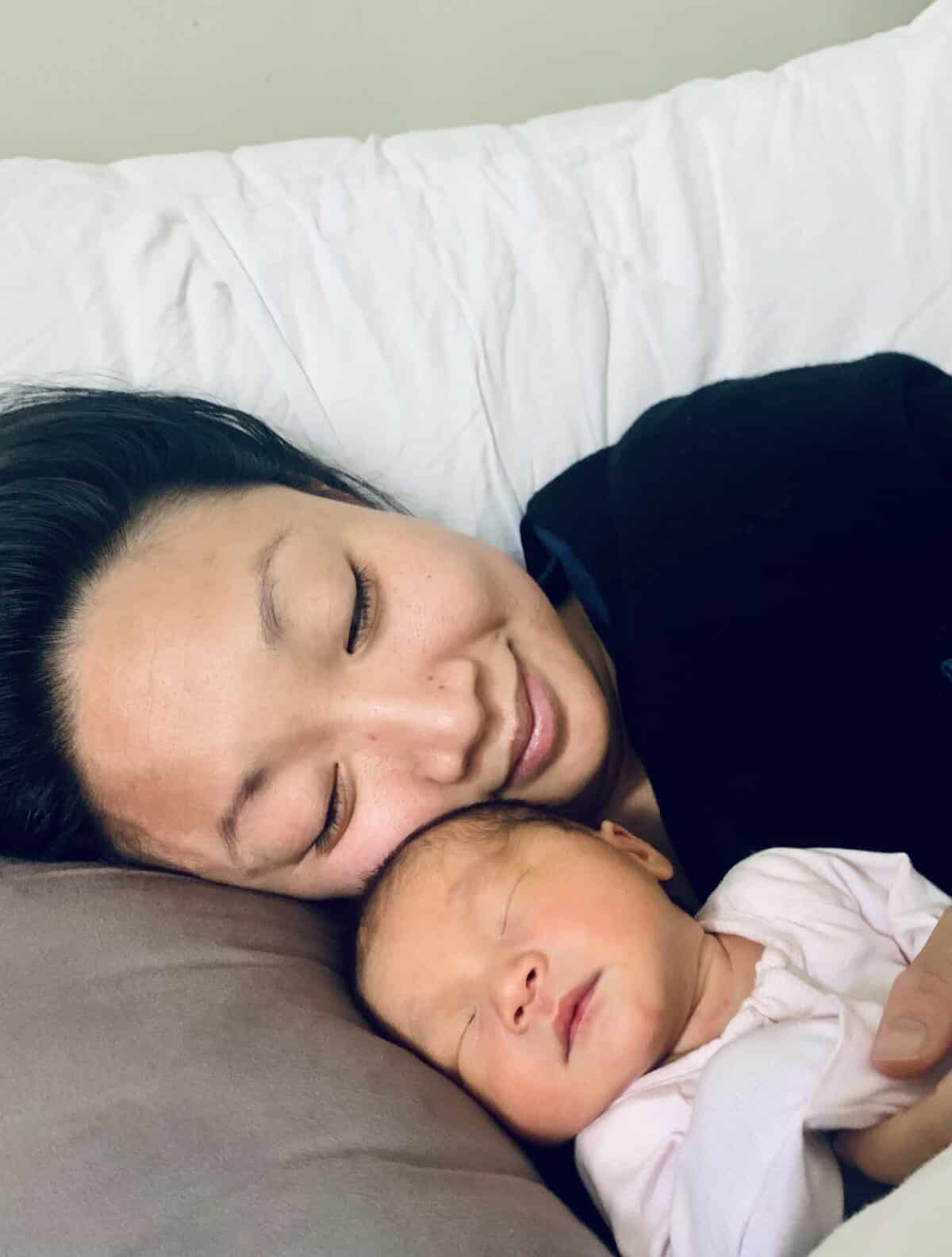
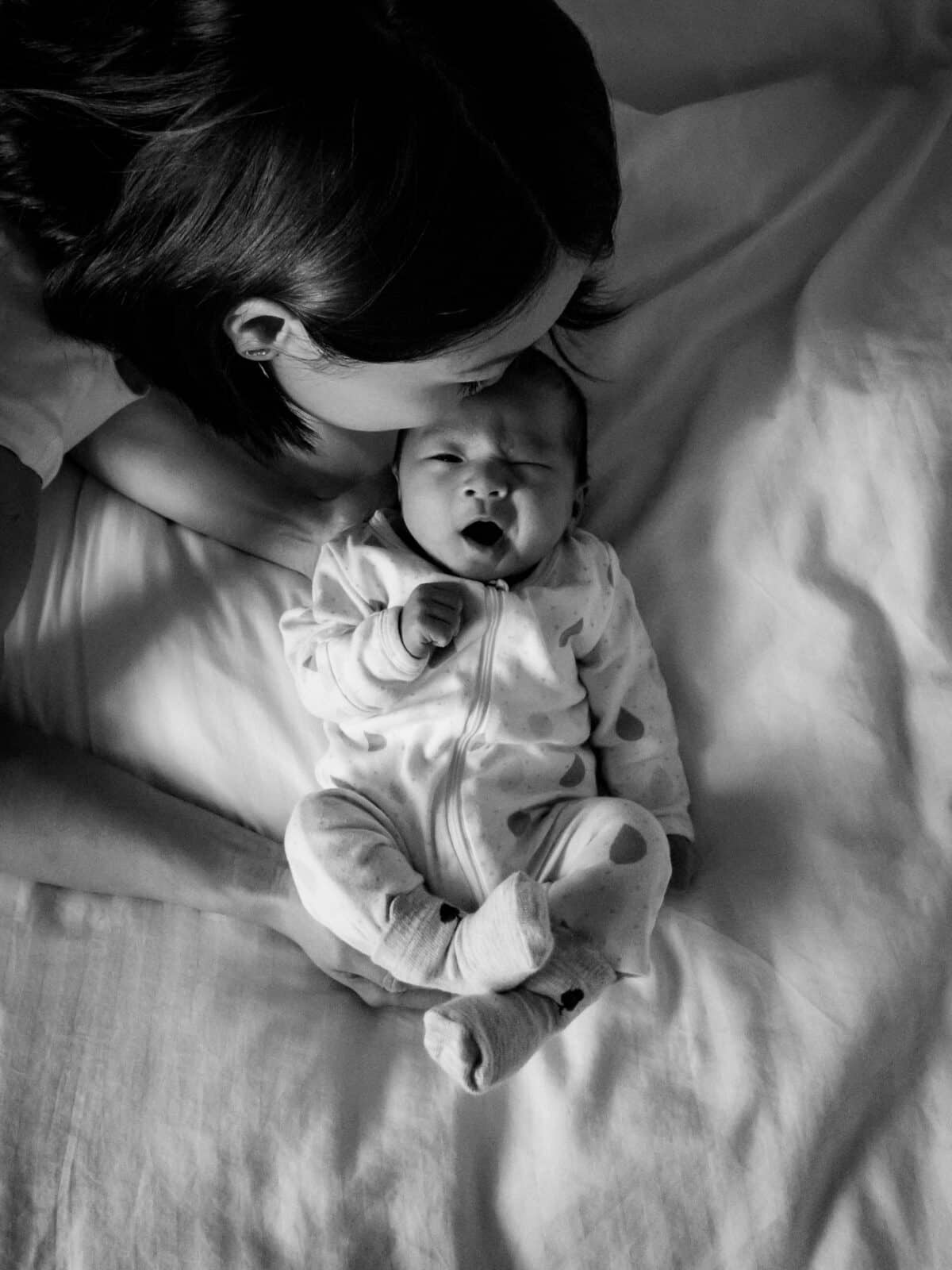
Topics Discussed
Episiotomy, Gestational Diabetes (GD), Induction, One vaginal birth, Postpartum confinement
Episode Sponsor
Get our 3 most-loved resources for supporting your birthing journey and beyond in The Birth Bundle.
You get The Birth Class, Discovering Motherhood and our Breastfeeding Guide for a discounted price of just $349 and for a limited time, get a further 20% off for our Birthday Celebration Sale.
Use code ‘Birthday24‘ (offer valid until 11:59pm 20th June 2024)
Categories
Related Products
-
Birth Meditations
$49.00Narrated by Sophie Walker, these soothing and informative meditations help you feel supported and confident around birth.
Join the conversation
Sign up to get the latest updates, freebies, podcast releases straight into your inbox
@AustralianBirthStories
Follow along with us
@AustralianBirthStories
Follow along with us
@AustralianBirthStories
Follow along with us
@AustralianBirthStories
Follow along with us
@AustralianBirthStories
Follow along with us
@AustralianBirthStories
Follow along with us
@AustralianBirthStories
Follow along with us
@AustralianBirthStories
Follow along with us
@AustralianBirthStories
Follow along with us
@AustralianBirthStories
Follow along with us
@AustralianBirthStories
Follow along with us
@AustralianBirthStories
Follow along with us
